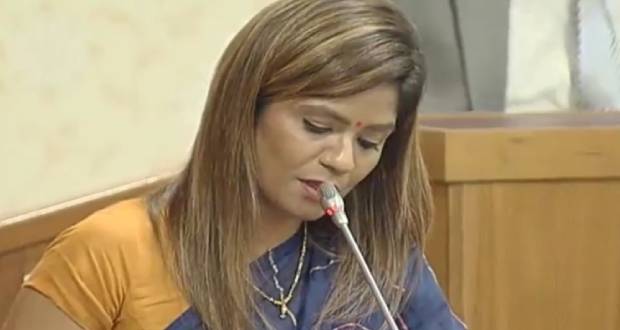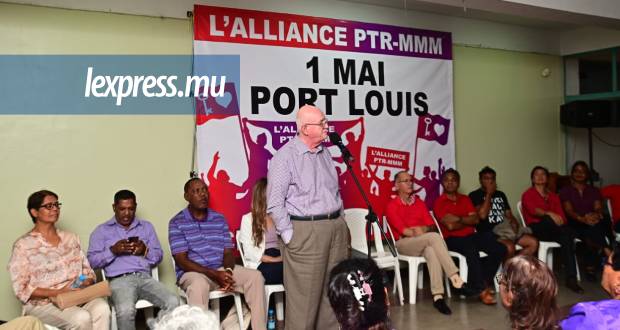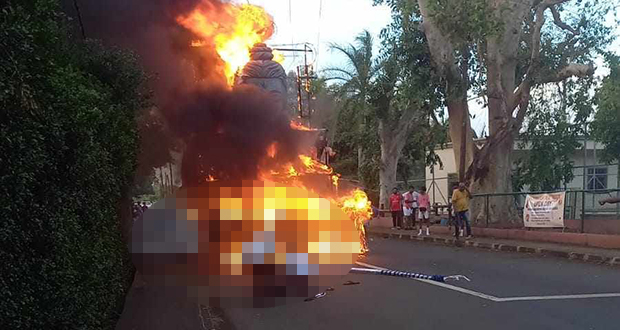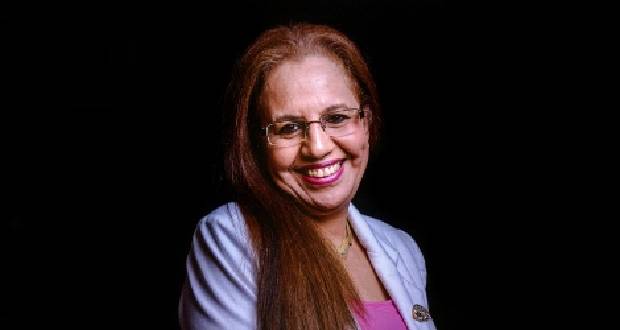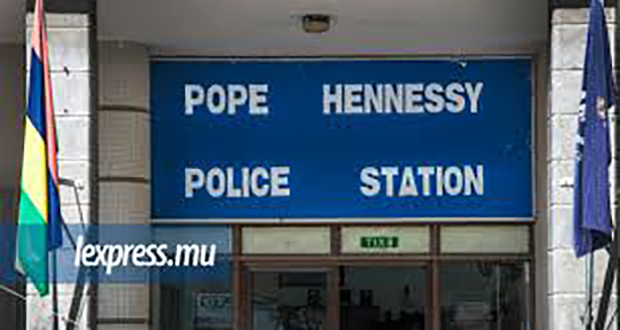Publicité
Weaknesses and flaws that plague any functioning democracy
Par
Partager cet article
Weaknesses and flaws that plague any functioning democracy

A Thai friend of mine always embarrassed himself and others by mispronouncing the word ‘ elections’. In charming Asian manner, he would confuse ‘ l’ sounds with ‘ r’ sounds. Given that ‘ plesidential erections’ around the world are largely a macho affair, seen as a matter of self- aggrandizement and national virility, my friend’s mispronunciation is not so far from the truth.
No elections on earth were as virile and virulent as those we saw recently in the USA, with two alpha males trying to chest- beat their way to the White House. No nation on the planet pours so much nervous energy, media hype, mass hysteria and six billion dollars into the choice of a leader. Obama himself described the process as “ noisy, messy, complicated” . In some respects, this is understandable, given America’s 300 million people, the vastness of its domain from sea to shining sea, its demographic complexity, its federal system and its superpower status on the world stage. Still, we watched with disappointment how the beacon of democracy polarized its citizens, based less on real issues and more on who you were. We saw a homogenous, lily- white, rural, evangelical population pitted against diversity: Black, Hispanic, Asian women and gays. Diversity won – just – but is this the best example of democratic process that the USA can give the world? Comparing presidential elections in the USA to upcoming local elections in Mauritius might be laughable to some, piddling and petty. Yet, we Mauritians are justifi ably proud of our home- grown democratic processes, no matter how small and insignifi cant they may appear from the outside.
What is scary, though, is once you have removed factors such as scale, demography and global significance, we share, in Mauritius, many of the human weaknesses and systemic fl aws that plague any functioning democracy, be it centred in Washington DC or Port- Louis.
There is the same thirst for power, the opportunity to exert influence, whether your target population is a million citizens, or three hundred times that figure.
There is still polarization, rhetoric and bombast that spread like an airborne epidemic across the media and social networks into our homes. Unearthing scandals becomes the main preoccupation – anything that will denigrate and disgrace your opponent.
Precious resources are spent demonizing opponents and sowing anger, confusion and irrational fear, money that could have been used to educate the public on the real challenges and choices facing us as a nation.
Winning is put above everything else, whatever the cost to the country. The interests of the State get reduced to the narrower self- serving agenda of Party. Money is spent not on long- term development but expedient quick fixes: the hastily tarred roads, accelerated recruitment, conditional cash transfers, handouts to the young.
Whether it is the USA or Mauritius, the fundamental questions we grapple with remain the same. How do we scale the fiscal cliff? How do we tackle the root causes of deprivation? How do we create a more equitable society, promote a land of equal opportunity, ensure access for all to quality services and national resources.
How do we weave strong social safety nets for the most vulnerable? How do we protect minority rights? How do we bring about gender equality, not just by playing quota games, but by real changes in attitude, practice, policy and law. How can we apply policies and strengthen systems that ensure social justice and inclusion, ensure that no single citizen is left behind? Wouldn’t it have been visionary if the Mauritius 2013 national budget had addressed these questions head on? Wouldn’t it be wonderful if politicians across the spectrum tackled social issues in concert? Wouldn’t it be great if Mauritians could engage in rational debate on public policies, the hallmark of mature democracies? Wouldn’t it be a game- changer if one party tried to understand the views of the other, find areas of common cause, and tune out those who would have us stew in pettiness and resent? Whichever party wins or loses our municipal and village elections, it would be important to place patriotism before triumphalism, patriotism before disappointment and thoughts of vengeance. Most Mauritians neither want, nor can afford, the bickering and bitterness that so often draw ugly lines across the face of politics.
America has not shown us the way.
Publicité


